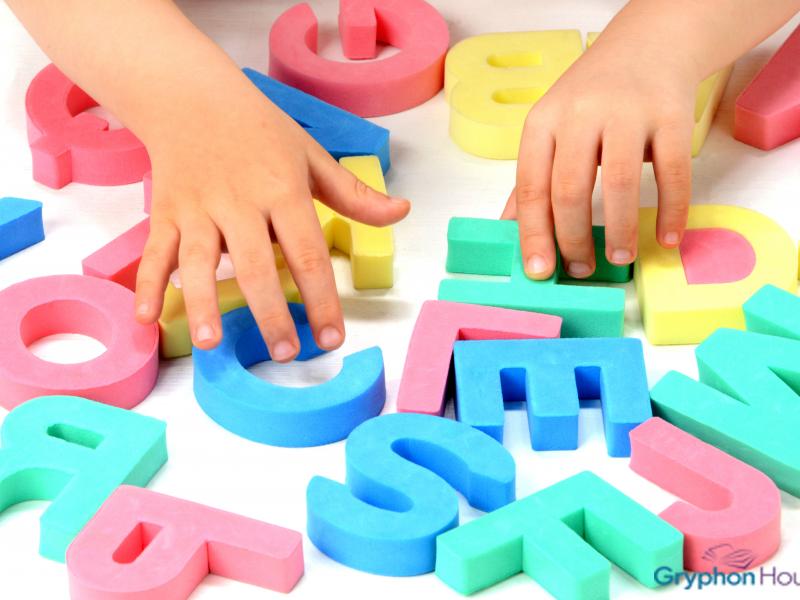When the thought of childhood development comes to mind, often times it is met with the idea that while in utero babies develop more physically than cognitively. While babies do develop a tremendous amount physically during the time in utero, they do develop cognitively as well. One aspect of a baby that begins to develop while in utero is the aspect of language. Babies will remember certain aspects of the speech they heard while in the womb and will recognize those aspects of speech after birth. This knowledge makes it clear as to why a newborn has preference for the voice and language of his mother — it is what he heard most often while in gestation. The retention of language is so prevalent in utero that a baby will even prefer to hear the stories she heard while in the womb. Language creates the firsts safety anchor a newborn has in a world where everything is new and overwhelming.
Language is one of the first connections a baby has to the world and the experience a baby has with language post-utero, during the first year, is extremely important. During the first year of a baby’s life the brain becomes very sophisticated in comparison to the state it was in at birth. The use of language around a baby will ultimately affect his attention span, the speed and ease in which he responds to his name, and how the baby learns about the overall sounds of his dominant language. During the first twelve months a baby will learn how she can communicate with you as effectively as possible. The cries, calls, and random noises she produces allows the baby to learn that through the use of language a person will respond and care for her. This positive feedback allows a baby’s language skills to thrive. By the second half of the first year a baby will learn begin to become aware that language has meanings— she will begin to pay closer attention to the words of her caregiver and the gestures that are used. Within just the first year a baby will be able to dissect sounds and understand situations.
Considering that a baby’s brain is so malleable it is imperative that a parent interact with him using language as much as possible. A child can only learn sounds by watching and listening to others, essentially they learn through imitation. When communicating with a baby it is crucial to be within close proximity. The close proximity allows a baby to scan the face and listen more accurately during interactions. This close focus will allow the child to better copy the movements of the lips and mouth, demonstrating an increase in effort towards the eventual results.
Once a baby reaches six months of age, she will begin to reach large milestones in language development. All of the continued speaking, reading, and singing that have been performed around her will begin to really pay off. A baby will begin to distinguish between the sounds of his primary language and other languages, allowing him to learn what words in his language are important. Also, all the close attention that babies give to the actions of their caregivers starts to be utilized as babies begin to understand situations based on common gestures or phrases. Finally, a baby will make a first request through a combination of gestures and language that will demonstrate all of the knowledge she has acquired.

